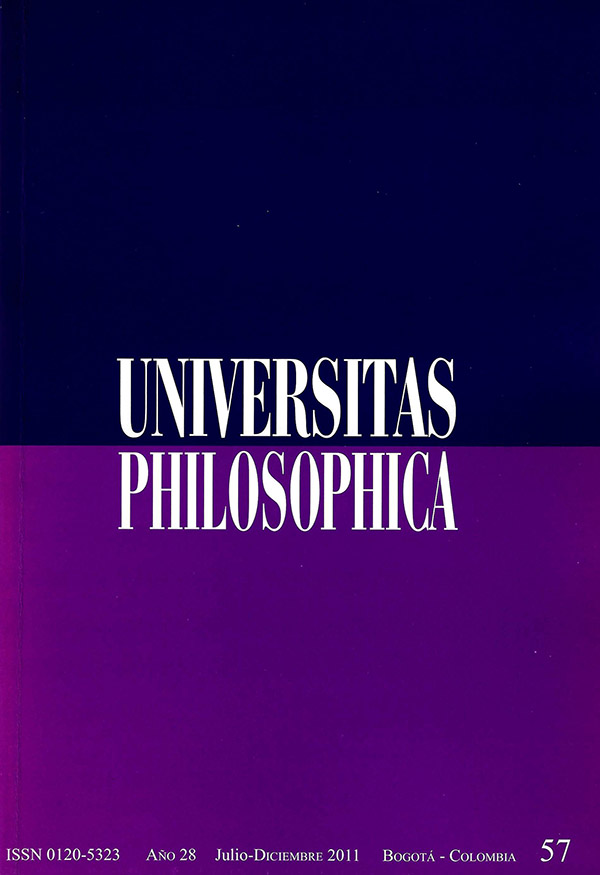Resumen
La pobreza y la democracia guardan relaciones complejas bastante estudiadas por los científicos sociales. En este artículo no se vuelve sobre estos enfoques ni se insistirá en los problemas de gobernabilidad que nacen de la pobreza; se presentará la crítica filosófico-política al ideal democrático que resulta cuando se considera a la pobreza como privación de libertad individual, tal como lo hace Amartya Sen. Al interpretar a la pobreza de esta manera, se la pone en relación directa y problemática con un sistema de gobierno que precisamente hace de las libertades y de la libertad humana, en general, su nervio central.
El artículo sostiene que la presencia de la pobreza pone en duda que se viva en sociedades democráticas, porque cuestiona la finalidad y la esencia de éstas, a la vez que las desafía a pensar cómo pueden convertirse en sociedades justas. El escrito comienza con una interpretación filosófica de la pobreza a partir de algunas ideas de Sen. Luego, el análisis se centra en la relación que se podría establecer entre la privación de libertad y la comunidad política, según Aristóteles, Baruch de Espinosa y John Locke. El texto se cierra con la exposición de tres desafíos que la pobreza presenta a las democracias
Esta revista científica se encuentra registrada bajo la licencia Creative Commons Reconocimiento 4.0 Internacional. Por lo tanto, esta obra se puede reproducir, distribuir y comunicar públicamente en formato digital, siempre que se reconozca el nombre de los autores y a la Pontificia Universidad Javeriana. Se permite citar, adaptar, transformar, autoarchivar, republicar y crear a partir del material, para cualquier finalidad (incluso comercial), siempre que se reconozca adecuadamente la autoría, se proporcione un enlace a la obra original y se indique si se han realizado cambios. La Pontificia Universidad Javeriana no retiene los derechos sobre las obras publicadas y los contenidos son responsabilidad exclusiva de los autores, quienes conservan sus derechos morales, intelectuales, de privacidad y publicidad.
El aval sobre la intervención de la obra (revisión, corrección de estilo, traducción, diagramación) y su posterior divulgación se otorga mediante una licencia de uso y no a través de una cesión de derechos, lo que representa que la revista y la Pontificia Universidad Javeriana se eximen de cualquier responsabilidad que se pueda derivar de una mala práctica ética por parte de los autores. En consecuencia de la protección brindada por la licencia de uso, la revista no se encuentra en la obligación de publicar retractaciones o modificar la información ya publicada, a no ser que la errata surja del proceso de gestión editorial. La publicación de contenidos en esta revista no representa regalías para los contribuyentes.


